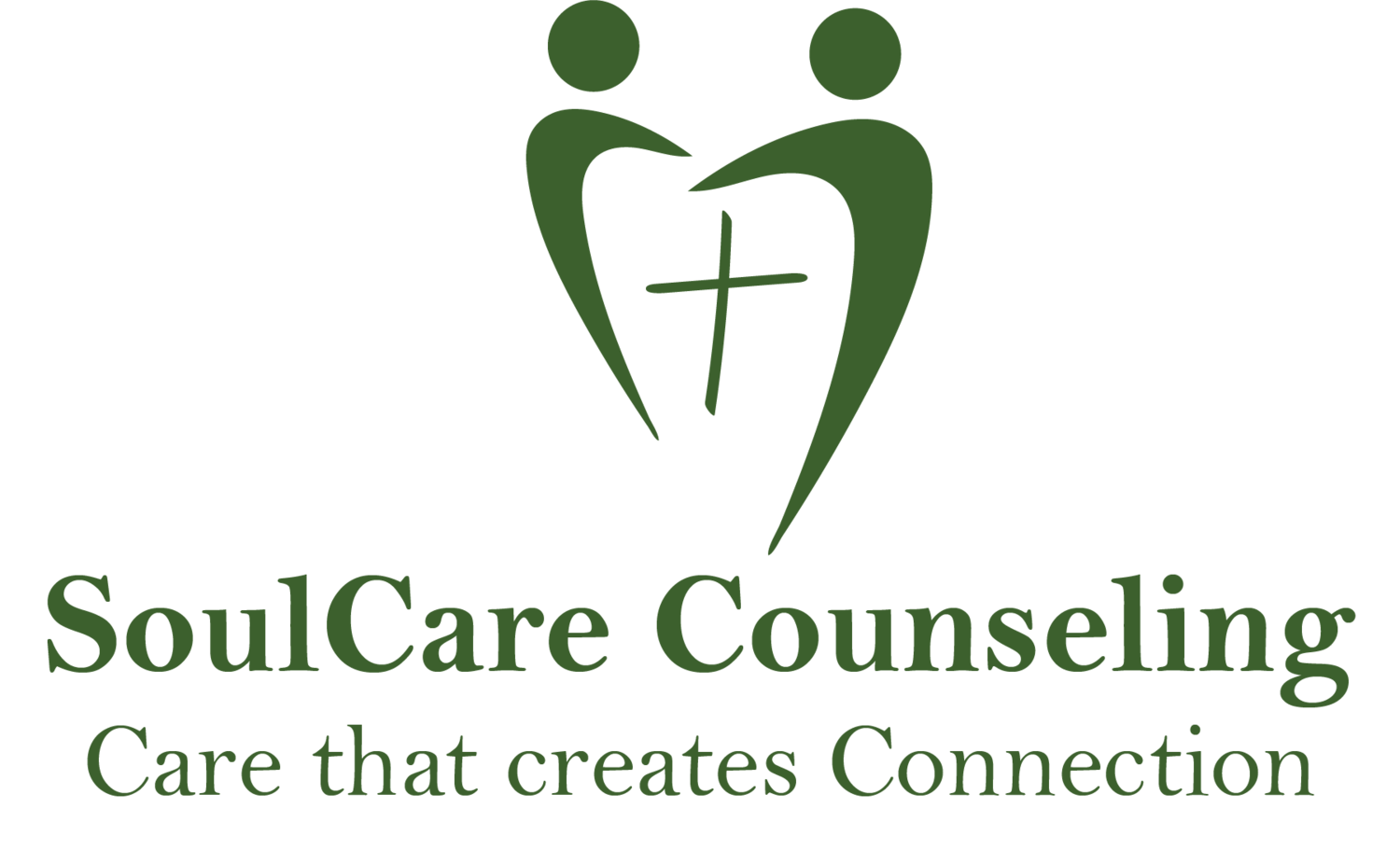Premarital Counseling: Investing In Your Marriage
I’ll never forget something the founder of Focus on the Family, Dr. James Dobson, once pointed out about the priorities of engaged couples. He said that couples will invest tens of thousands of dollars and hours of planning for their wedding but will invest virtually nothing in their marriage. Premarital counseling is investing in your marriage.
The Wisdom Of Investing In The Marriage, Not Just The Wedding
No doubt, the wedding is important, but investing in the marriage is infinitely more important. The wedding complete with the reception only lasts a couple of hours, but the marriage is “till death do you part.” Premarital counseling is investing in your marriage. It will pay dividends that last long after the wedding is only memories and photographs.
Yet, as important as premarital counseling is, most couples decide against it because it takes time and money. They say, “We can’t afford premarital counseling and we don’t need it anyway.” But what every marriage counselor knows is that premarital counseling is the one thing they need the most because the reality is that staying married is a lot harder than getting married. Whatever it costs to stay married is money well spent.
Investing In Your Marriage With Premarital Counseling
Is A Bargain
Investing in your marriage with premarital counseling at SoulCare Counseling is just $300 for eight sessions. That’s around half of our regular hourly rate for marriage counseling. If you are a member of a church, your pastor may even offer premarital counseling for no cost.
Compare that to the cost of a wedding, which can be around $20,000. We scrimped and saved for our daughter’s wedding and still spent easily $15,000. The cost of a divorce can be around $15,000. I spoke to a couple last week who had filed for divorced and wisely chose to save their marriage instead. They said that they had spent over $10,000 on lawyers and filings. In contrast, professional premarital counseling is 2% of the cost of a wedding and 3% of the cost of a divorce.
The Return On Investing In Your Marriage
With Premarital Counseling
Thankfully, more and more couples are choosing to invest in the marriage with premarital counseling. At this writing, about 40% of couples who get married do premarital counseling. Hopefully, those numbers will increase because the benefits of premarital counseling are significant.
Premarital counseling prepares couples for the reality of life together as they see how each views the relationship, how ready they are for marriage, how strong the relationship is, how they deal with in-laws, money, sex, children, church, and conflict.
Premarital counseling helps couples answer questions about their relationship and each other that they didn’t know to ask.
Premarital counseling gives the couple tools to communicate effectively.
Premarital counseling answers the question: Is this person really right for me?
While there are no guarantees in marriage, statistics show that couples who do premarital counseling do have a 30% higher marital success rate then couples who did not. That edge is well worth the small cost. If you haven’t settled yet whether you should do premarital counseling, I hope this helps settle it. You should.
I encourage you to read more about premarital counseling at SoulCare Counseling, and reach out to us to schedule a free thirty-minute consultation.
Dr. Mark Riley is the co-founder and executive director of SoulCare Counseling. He holds Master of Divinity and Doctor of Ministry degrees, and is retired from 44 years as a pastor. He is the husband of Dr. Bernis Riley.



